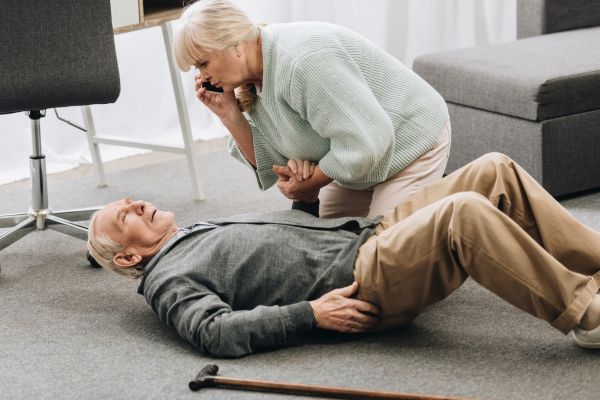Stroke. It’s a word that can strike fear into anyone’s heart. And rightly so. As one of the leading causes of death and disability in the UK, strokes demand our attention and understanding. The recent NHS campaign highlighted the number of delayed 999 calls in stroke cases, underscoring a critical message: time is the brain.

The statistics are stark. Analysis of NHS data reveals that, on average, individuals experiencing stroke symptoms wait almost 90 minutes before seeking emergency assistance. This delay can have devastating consequences.
Understanding the Urgency
A stroke occurs when the blood supply to part of the brain is disrupted, either due to a blockage (ischaemic stroke) or a bleed (haemorrhagic stroke). Brain cells are susceptible to oxygen deprivation. Every passing minute without treatment, irreversible damage can occur – potentially leading to long-term disabilities affecting speech, movement, and cognitive function.
Recognising the Signs
The key to timely intervention lies in the rapid recognition of stroke symptoms. The FAST acronym provides a simple yet effective tool:
- Face: Is the face drooping on one side? Can the person smile?
- Arms: Can the person raise both arms and keep them raised?
- Speech: Is their speech slurred or difficult to understand?
- Time: If you observe any of these signs, time is of the essence. Call 999 immediately.
As well as these primary indicators other symptoms may include, sudden weakness or numbness on one side of the body, disruption to vision, dizziness, confusion, and a severe headache.
Overcoming Barriers to Action
Why the delay in seeking help? Several factors can contribute to this critical delay:
- Misinterpretation of symptoms: Individuals may dismiss their symptoms as less serious conditions, such as a migraine or stress.
- Fear of overreacting: There can be a reluctance to “bother” emergency services or a fear of appearing dramatic.
- Lack of awareness: Not everyone is familiar with the signs and symptoms of a stroke, leading to delayed recognition.
The Importance of Immediate Action
The message is clear: if you suspect someone is having a stroke, do not hesitate. Call 999 immediately. Even if symptoms seem to improve or fluctuate, prompt medical assessment is crucial.
The Power of Public Awareness
The NHS “Act FAST” campaign plays a vital role in raising public awareness and empowering individuals to take swift action in the face of a suspected stroke. By educating ourselves and our communities about the signs and symptoms, and by emphasising the urgency of seeking medical help, we can collectively contribute to improving stroke outcomes.
Supporting Healthcare Professionals on the Frontline
At Total Assist, we understand the critical role healthcare professionals play in stroke care. We are committed to supporting our dedicated nurses, doctors, and allied health professionals with:
- Access to locum opportunities in stroke units and neurology departments.
- Flexible work arrangements to support work-life balance.
- Ongoing professional development resources to enhance stroke care knowledge and skills.
Together let’s spread the word, act FAST, and save lives.

